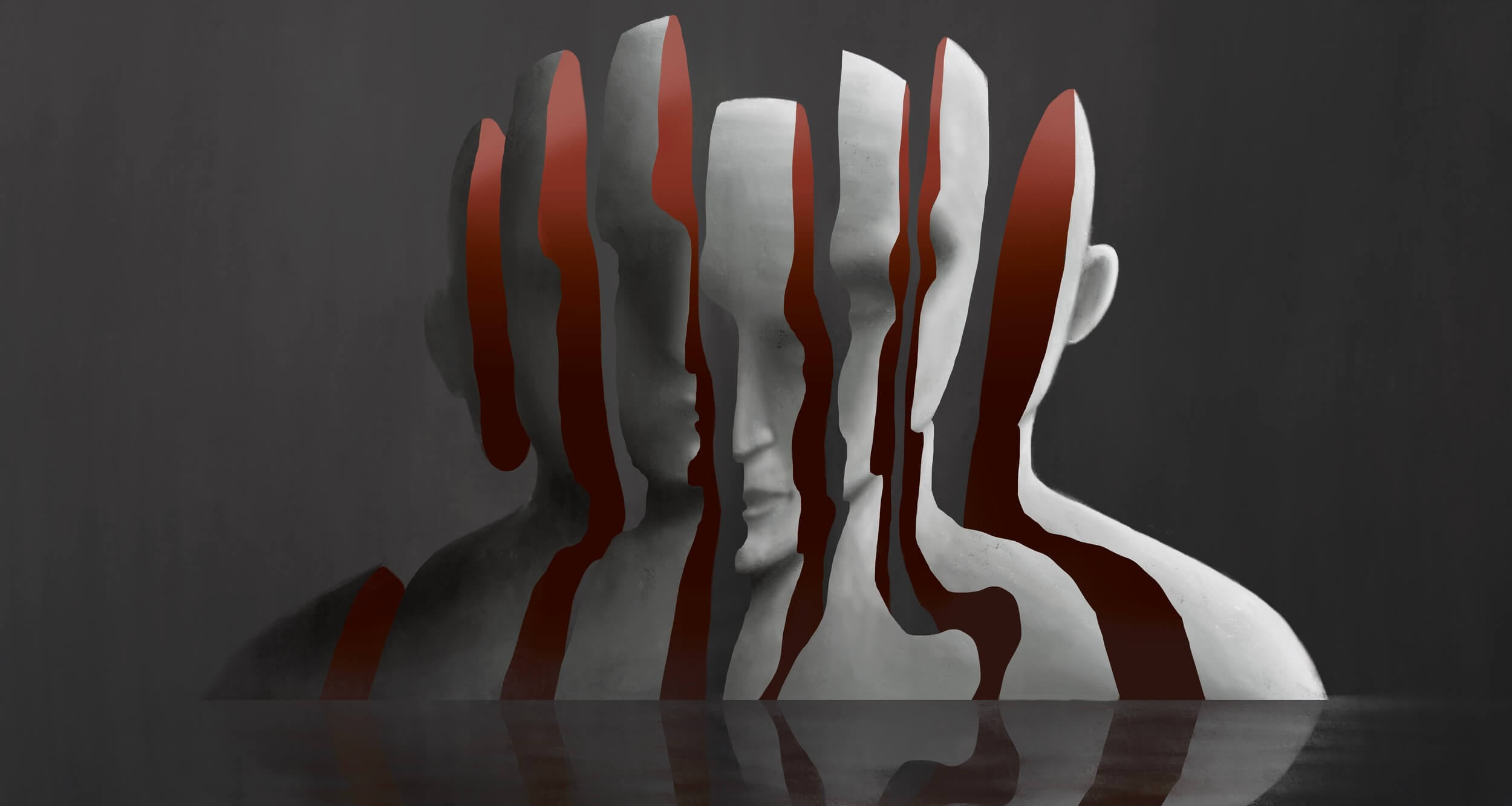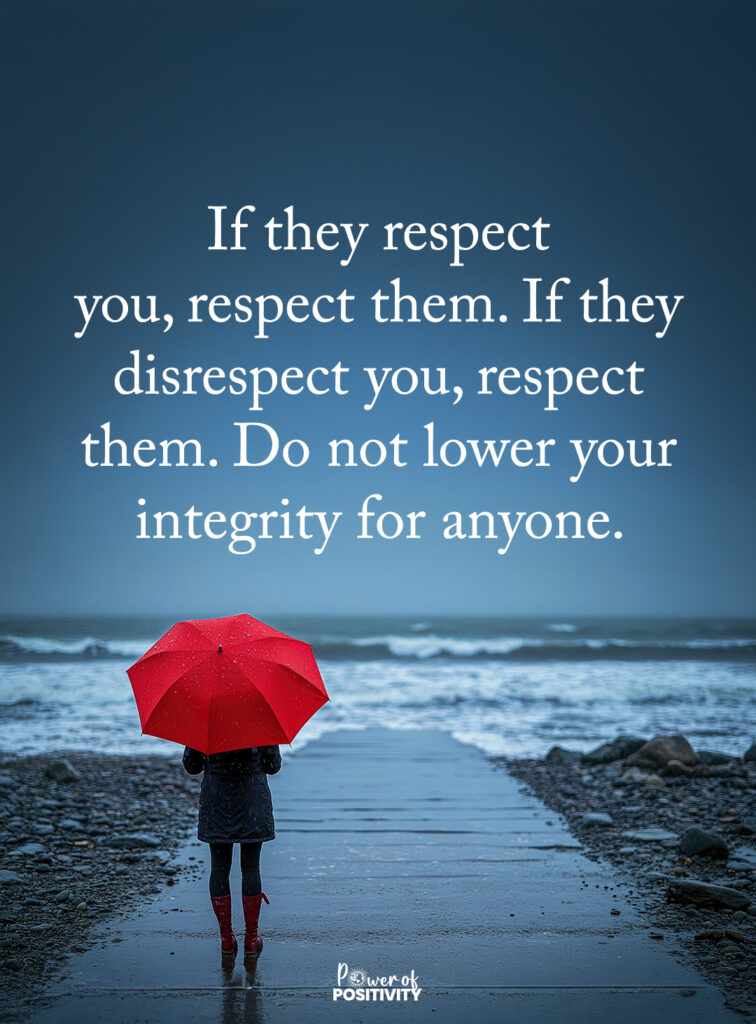There was a time when tech felt like too much—too loud, too fast, too complicated. But that’s finally changing. The smartest tools in 2025 are the ones that make life easier in small, quiet ways. They don’t take over your day. They just fit in, doing their job without adding more noise.
What’s different now is how this tech works around your routine. It adapts to how you live, instead of forcing you to change everything. You don’t need to be a tech expert or stay glued to a screen to use it. The focus has shifted toward simplicity, calm, and control.
Instead of being “always on,” these tools know when to step back. That’s the kind of tech that’s starting to stand out—useful, personal, and built to make life easier in 2025.
Everyday AI That Works for You (Not the Other Way Around)
Some AI tools used to feel like more work than help. But now? They’re finally doing what they should’ve done from the start—making life easier in 2025 without making things more complicated.
You’ll see these changes in small, useful ways:
- Personal scheduling assistants like Reclaim.ai or Motion don’t just put things on your calendar. They learn when you’re most focused, block time for breaks, and even adjust if your plans change. That means fewer last-minute scrambles and more time that actually feels yours.
- AI writing tools are also stepping up. GrammarlyGO and similar tools now help rewrite awkward messages, check tone before sending, and cut the back-and-forth. Whether you’re writing a work email or texting a client, they give you the clarity without overthinking it.
Making life easier in 2025 doesn’t mean adding more apps—it’s about using the ones that work quietly in the background. These tools support your habits, reduce stress, and let you focus on what matters.
If you’re juggling a lot, feeling scattered, or just want to spend less time managing your day, this kind of AI might be the easiest upgrade you’ll make. You don’t need to be tech-savvy—it just needs to work. And the smartest AI now does exactly that. No buzz, no burnout—just support that fits right into your day.
Home Tech That Actually Helps You Unplug
Not every gadget needs your attention all the time. In fact, the best home tech in 2025 does the opposite—it helps you relax, slow down, and take care of yourself without adding more buttons to press.
Here’s what’s working well right now:
- Smart lighting systems like Philips Hue or Wyze don’t just turn lights on and off. They shift brightness and color to match your day—so mornings feel easier and nights feel calmer. You don’t have to touch a thing.
- Privacy-first voice assistants like Mycroft or HomePod only listen when asked. No constant recording, no background snooping. You get simple voice control for timers, music, or reminders—without the feeling of being watched.
These quiet helpers are making life easier in 2025 by cutting out the noise. They’re not here to impress your guests or overload your phone—they’re just making home feel like home again.
If your space has felt too busy or your tech too loud, switching to tools that respect your time and energy can be a real reset. The best part? You’ll barely notice them. And that’s exactly the point.
Wearables That Empower, Not Pressure
Fitness trackers used to push you—count more steps, do more workouts, beat yesterday’s score. But in 2025, the trend is shifting toward health that’s kinder and more in tune with how you really feel.
Two smart wearables are leading this change:
- The Oura Ring is all about rest. Instead of buzzing at you to move, it checks your heart rate, sleep quality, and recovery needs. It gives suggestions like, “Today might be a good day to take it easy,” which feels like advice—not a demand.
- Health-focused smartwatches like Pixel Watch 2 or the Apple Watch go beyond fitness. They alert you to unusual heart rhythms, rising stress, or signs of fatigue. If something seems off, they let you know—sometimes before you even feel it. Some models even send info to a caregiver or loved one if you want that added support.
These wearables aren’t trying to fix you. They’re built to support you—and that’s a big reason they’re making life easier in 2025. You don’t have to chase data anymore. You can just check in, get the info you need, and go on with your day.
If you’re tired of being pushed to do more, this new wave of wearables might be the first kind of tech that helps you slow down—and still feel good about it.
Accessibility Tools That Open More Doors
Not every piece of tech is about speed or convenience—some of it is built to make sure no one’s left out. The best accessibility tools this year are helping people connect, work, and live with fewer barriers.
You’ll notice a shift in tools that now offer:
- Real-time captions and translation. Apps like Ava or Live Transcribe are faster and more accurate than ever. They help people follow conversations, understand videos, or take phone calls without missing a word.
- Hands-free controls. Devices with sip-and-puff tools, eye-tracking, or special game controllers let people with limited movement use phones, computers, or play games—without needing to tap or type.
These aren’t just nice-to-haves. They’re life-changing for people who’ve been shut out of tech before. And they’re making life easier in 2025 by letting more people join in—fully and comfortably.
Tech That Supports Mental Clarity (Not Doomscrolling)
Too much time on screens can make your head feel full—and not in a good way. That’s why some of today’s best apps are built to protect your focus, not drain it.
You’ll find this shift in a few smart places:
- Apps that care about your mind. Tools like Wysa and Woebot don’t just give random advice. They ask how you’re doing, help you track your mood, and even connect you to real help if you want it.
- Focus helpers that don’t shame you. Apps like Forest, One Sec, or Opal block distracting apps but give you control. They don’t guilt you—they just help you make better choices when your brain’s tired or overstimulated.
These tools are helping people take breaks, feel calmer, and get through the day with more ease. They’re a small shift—but a powerful one—and a big reason why mental health tech is making life easier in 2025 for so many.
Clean Energy and Smart Utility Tools at Home
Smart tech isn’t just in your pocket—it’s in your walls, wires, and water pipes. New home tools are helping people waste less, save money, and care for their space without lifting a finger.
Here’s how that’s happening:
- Smart thermostats and plugs like Google Nest or Ecobee adjust your home temperature depending on your routine. If you leave for work, they know to save energy. If you stay home, they help keep things comfortable.
- Water-saving sensors are now common in houses and apartments. Tools like Phyn or Moen can spot small leaks before they become big problems. Some even show daily water use so you can spot waste early.
This kind of tech is helping homes run smoother and smarter, without extra effort. It’s not flashy—but it’s useful. And it’s one more way tech is making life easier in 2025 behind the scenes.
How to Choose Tech That Supports, Not Overwhelms
Buying new tech can feel like a guessing game. Some tools look great at first, but end up being more work than help. That’s why it’s smart to ask a few simple questions before you commit.
Start by checking your own habits. Then ask:
- Will this help me save time or just take more of it?
- Is it easy to use, or will it need constant updates and workarounds?
- Can I turn off features I don’t want?
- Does it respect my privacy and keep my data safe?
The right tools don’t need to be fancy. They just need to fit your life. Keep things simple. Start small. And always pick tech that makes your day smoother—not more crowded.
Final Thoughts on Smarter, Gentler Tech in 2025
Not all tech needs to be loud to be useful. The best tools now are the quiet ones—the ones that fit into your day without forcing you to change everything. Whether it’s a smart light, a focus app, or something that helps you sleep better, these tools are designed to support you, not stress you out.
You don’t need to try every new device. Just pick the ones that feel right for your habits and needs. The small changes are the ones that often stick—and they’re what truly make life easier in 2025 without the noise.















